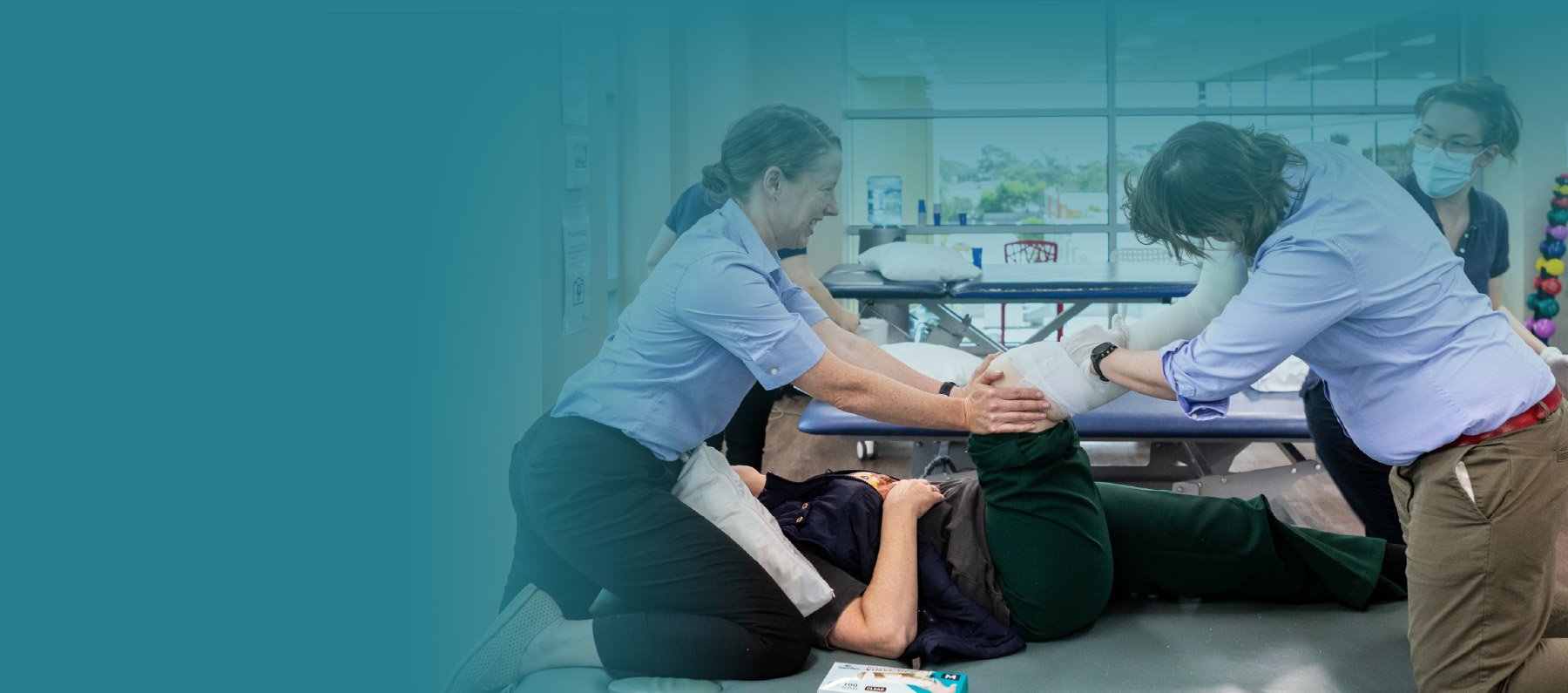
Conditions Treated
DECONDITIONING
Deconditioning is a change to the body that occurs following a period of inactivity or due to changes associated with certain conditions. Deconditioning is common in those who experience an extended period in hospital. Progressive neurological conditions also can cause deconditioning, and at times this might be more rapidly occurring in these conditions. Areas of the body that may be affected by deconditioning include the muscles, heart, and lungs, and may also affect energy levels and lead to increased fatigue. Exercise, and structured physical activity can help combat the effects of deconditioning and help to “recondition” the body.
What We Offer
At the Neurological Rehabilitation Group, we can assist with combatting the effects of your deconditioning. Our therapists are all skilled at assessing, and treating the cause of your deconditioning, and will use a holistic approach to manage your symptoms, whilst also improving your quality of life. You will receive a comprehensive assessment on how the deconditioning has affected you, and then will then be provided with tailored treatment to address these areas.
Our therapists see various conditions that lead to deconditioning and can assess and then provide specialized treatment depending on the client’s goals and current situation. This may include:
Education to facilitate a greater understanding of the deconditioning and causes of this deconditioning.
Education around pacing and a structured return to exercise.
One to one session to develop a program of appropriate stretches, strengthening, and cardiovascular exercises to address the deconditioning.
Group exercise classes
Carer training to facilitate practice at home and identification of barriers to implementation
Equipment recommendations which may include equipment for home.
Home visits to complete appropriate treatment.
Off-site hydrotherapy
Our therapists can refer or liaise with health professionals involved in your care including your medical team, speech therapy, occupational therapy, dietitians, orthotists, or neuropsychologists. They will also liaise with your appropriate funding bodies to support your needs.
